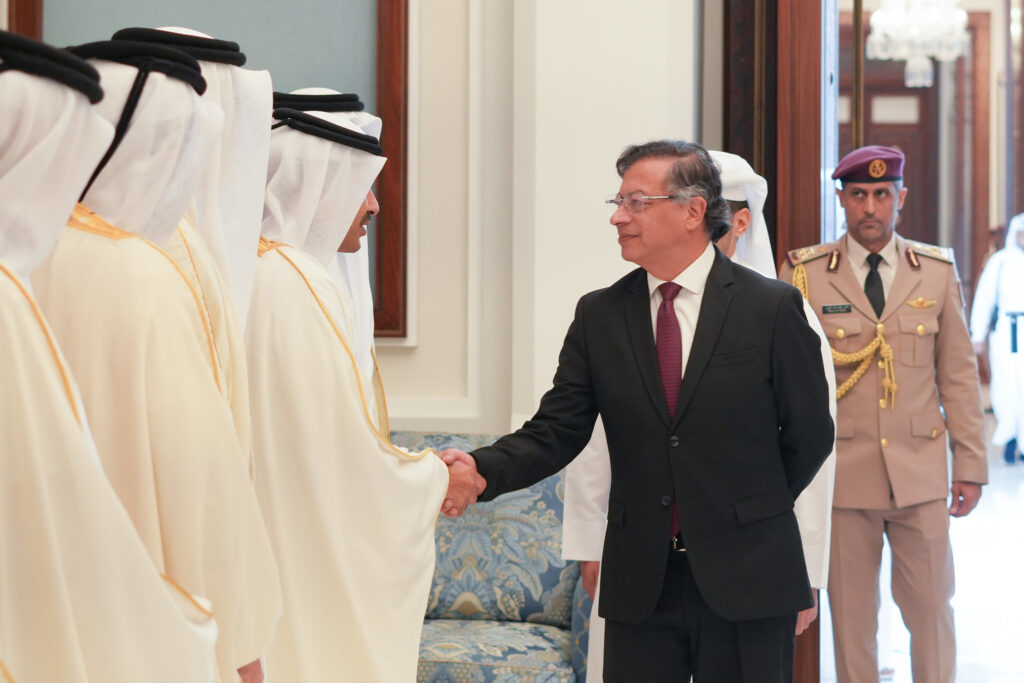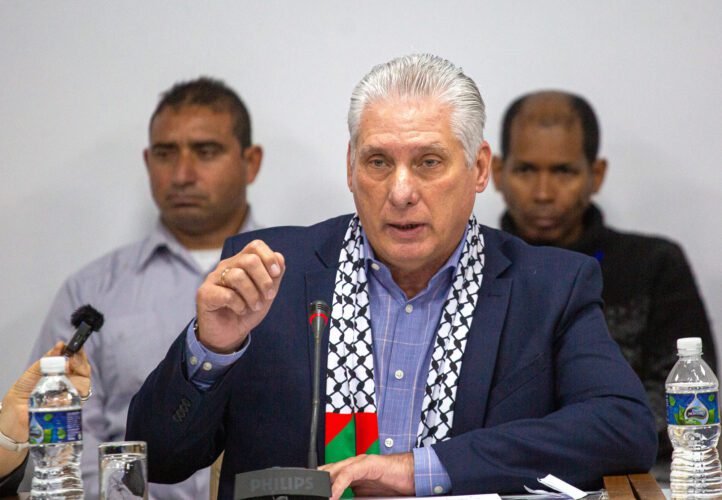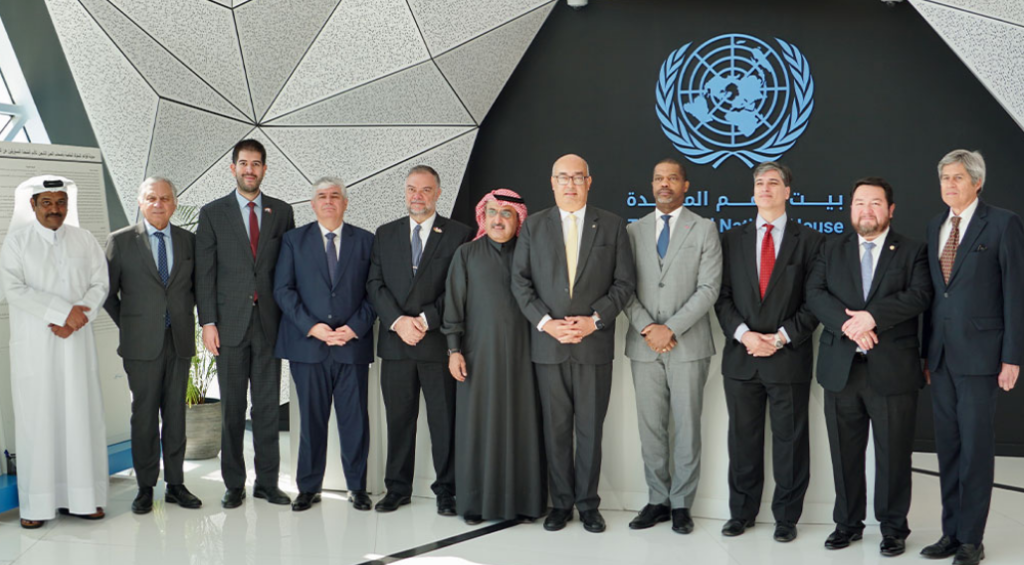By: Yanela Soler Más
The lasting influence of Arab culture in Latin America and the Caribbean is embodied in the spirit of the descendants of those who emigrated from the Middle East and Africa during the 19th and 20th centuries. In search of a better future, those migrants arrived in new lands contributing to the development of the region in areas such as politics, the arts, science and economics.
Recognizing the contributions of the Arab world to intercultural dialogue with Latin America and the Caribbean, the United Nations Educational, Scientific and Cultural Organization (UNESCO) launched the “Arab-Latinos!” project in 2022. This initiative develops content aimed at promoting the exchange of knowledge between Arab nations and Latin America and the Caribbean, while serving as a space for creativity and innovation.
The project involves the participation of five Latin American countries: Brazil, Chile, Colombia, Mexico and Argentina. They are supported by an Action Plan covering a five-year period (2023-2027).
The Action Plan focuses on:
- Promoting studies on the connections and divergences between Arab, Latin American and Caribbean cultures.
- Producing communication materials that highlight the shared linguistic heritage of the participating countries and the Arab world.
- Create courses and facilitate the exchange of experts through workshops, conferences and other initiatives to share experiences and research.
Activities have already been held in Brazil and Argentina, bringing together leading scholars of the Arab world from the participating nations. Social science experts from Middle Eastern countries researching the impact of Arab emigration to Latin America and the Caribbean have also participated.

“Arab-Latinos!” represents another initiative to foster cooperation between countries of the Global South working to strengthen recognition of their identities, rooted in cultural relations and solidarity.
Such a project gives greater relevance to the Arab imprint on the region’s culture by creating a space to analyze the positive effects of Arab migration on cultural rights in Latin America and the Caribbean and the resulting cultural plurality. It also provides an opportunity to understand the social contexts that allowed Arabs to settle and integrate into local host societies.
Ultimately, the “Arab-Latinos!” project aims to make visible the rich Arab cultural legacy inherent in the Latin American and Caribbean identity.







